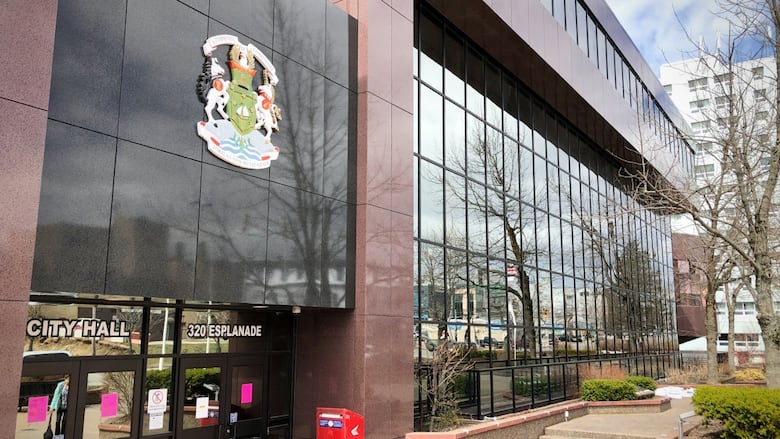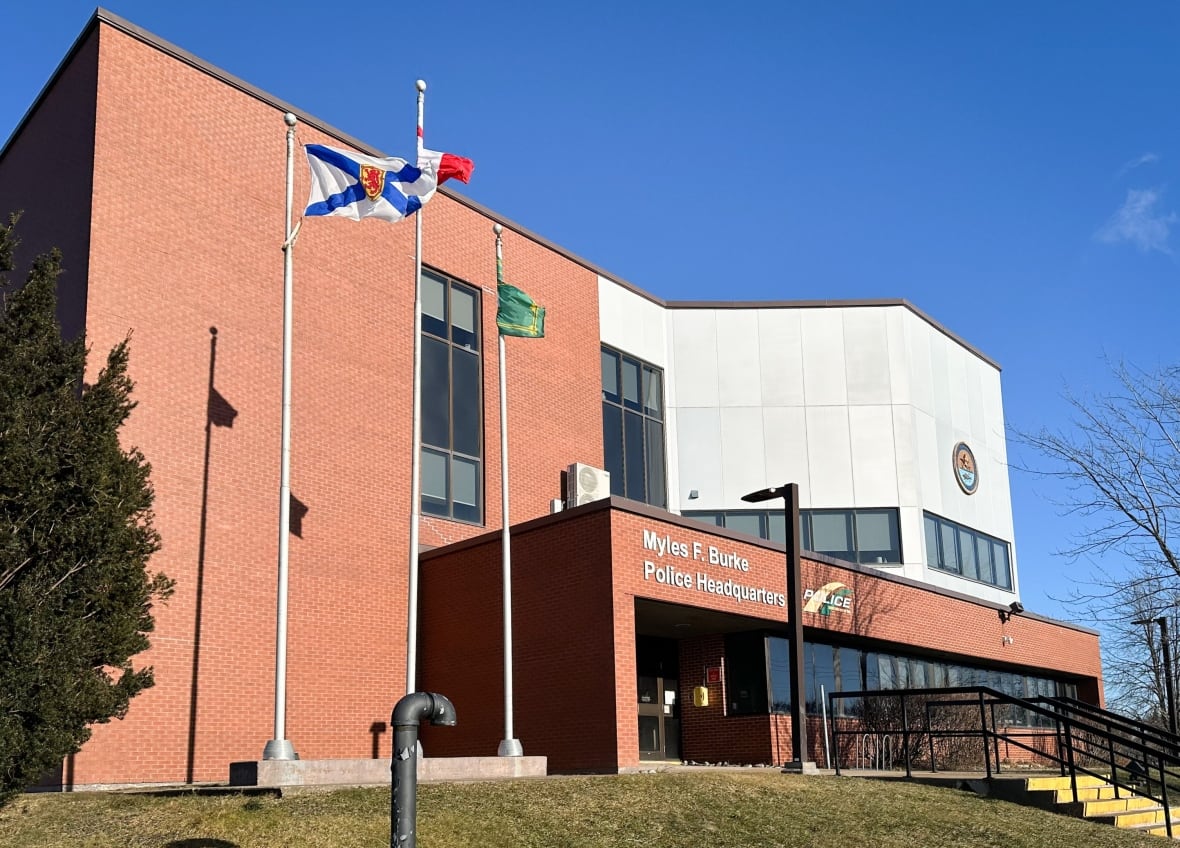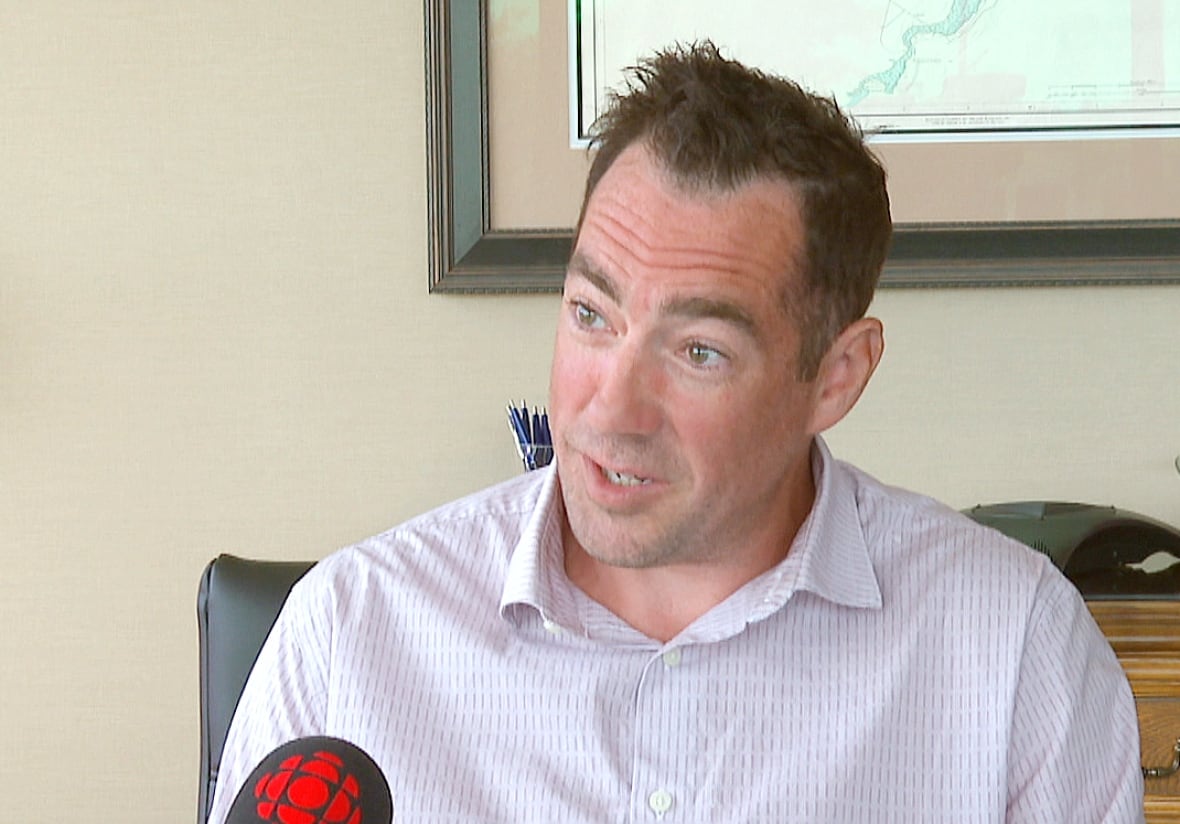Provincial policing plan raises more questions than answers for CBRM officials
Mayor, police commission chair gathering a list to take to N.S. justice minister in meeting later this summer

The Cape Breton Regional Municipality is looking for answers after the Nova Scotia government announced last month that it plans to turn the Mounties into a provincial police force.
Under a recent policing review report, the province would expand the RCMP's role, make changes to billing and funding for municipal police services, establish a single police records database and create community safety boards to improve civilian oversight.
Mayor Cecil Clarke said CBRM will be allowed to continue to operate its regional police force, but it's not clear what that means.
In a letter to municipalities with their own forces, Justice Minister Becky Druhan has promised a meeting later this summer.
"It says no immediate decision-making, but we have to be thoughtful about now that the report is out, it has very, very specific elements to three key areas, either 100 per cent on your own or, you know, the RCMP model that's in place now, or cost-shared, and what does cost-shared mean?" Clarke said.
The province introduced new policing standards last fall and Druhan has indicated that more are on the way.

Clarke said Cape Breton Regional Police already meet most of the province's requirements and adding new ones will come at a cost.
"It comes down to dollars at the end of the day," he said. "Of course you can establish a new standard, but you have to have the resources to support it."
The review was announced about six months after the Mass Casualty Commission released its final report on the shooting rampage in central and northern Nova Scotia that left 22 people dead in April 2020.
The RCMP says it's ready to take on an expanded role.
Clarke said CBRM's regional police offer a full slate of services and work well with the RCMP in the county where jurisdictions overlap.

RCMP also look after policing in Eskasoni First Nation, and Membertou First Nation is policed by CBRM under contract.
CBRM gets provincial funding for 19 of its 200 officers. The mayor said he is not sure whether that will continue under the new provincial plan.
Clarke said the system seems to be working well overall in Cape Breton and he is eager to find out how the province envisions the new plan making improvements.
"We're taking our time to try and literally work our way through that, to put it in context to the Mass Casualty Commission's work and how we as a Cape Breton Regional Municipality and our police service are able to respond effectively."
No appetite for return to RCMP
He said there's no appetite for returning to the days before amalgamation, when the Mounties policed the entire area.
"The question really would be, what does the province think of our service and if they wanted to go in a different direction, what will that mean?" Clarke said.
"And if we do go in a different direction that is separate from, for instance, a Cape Breton Regional Police Service model as it is now, it's going to be even more expensive, clearly by many, many millions, than improving what we already have in place.
"If there is a desire to change that model, it'll be indicated by the province to us, not by us to the province."
More funding needed
The province's report suggests the use of community safety officers and special constables. Clarke said CBRM already has officers in schools and bylaw enforcement officers, and any changes or additions to staffing would require more resources.
"The public out on the street are asking for more policing capacity and safety and security measures in their community," he said.
"We want to meet those up with a realistic model that the province can help us fund."
The report also includes the creation of community safety boards, but much of that work is already being done locally, said Coun. Glenn Paruch, who chairs the CBRM's police commission.

Paruch, who also sits on a provincial board reviewing police governance, said no one is sure how a community safety board would work or whether the local commission will continue to exist.
"That is one question that came up quite often, because we were wondering ourselves, what is our job at the provincial board level if changes like this transpire?" he said.
"So as of right now, there's more questions than answers."
Clarke said he's looking forward to meeting with provincial officials later this summer to get those answers.
MORE TOP STORIES

